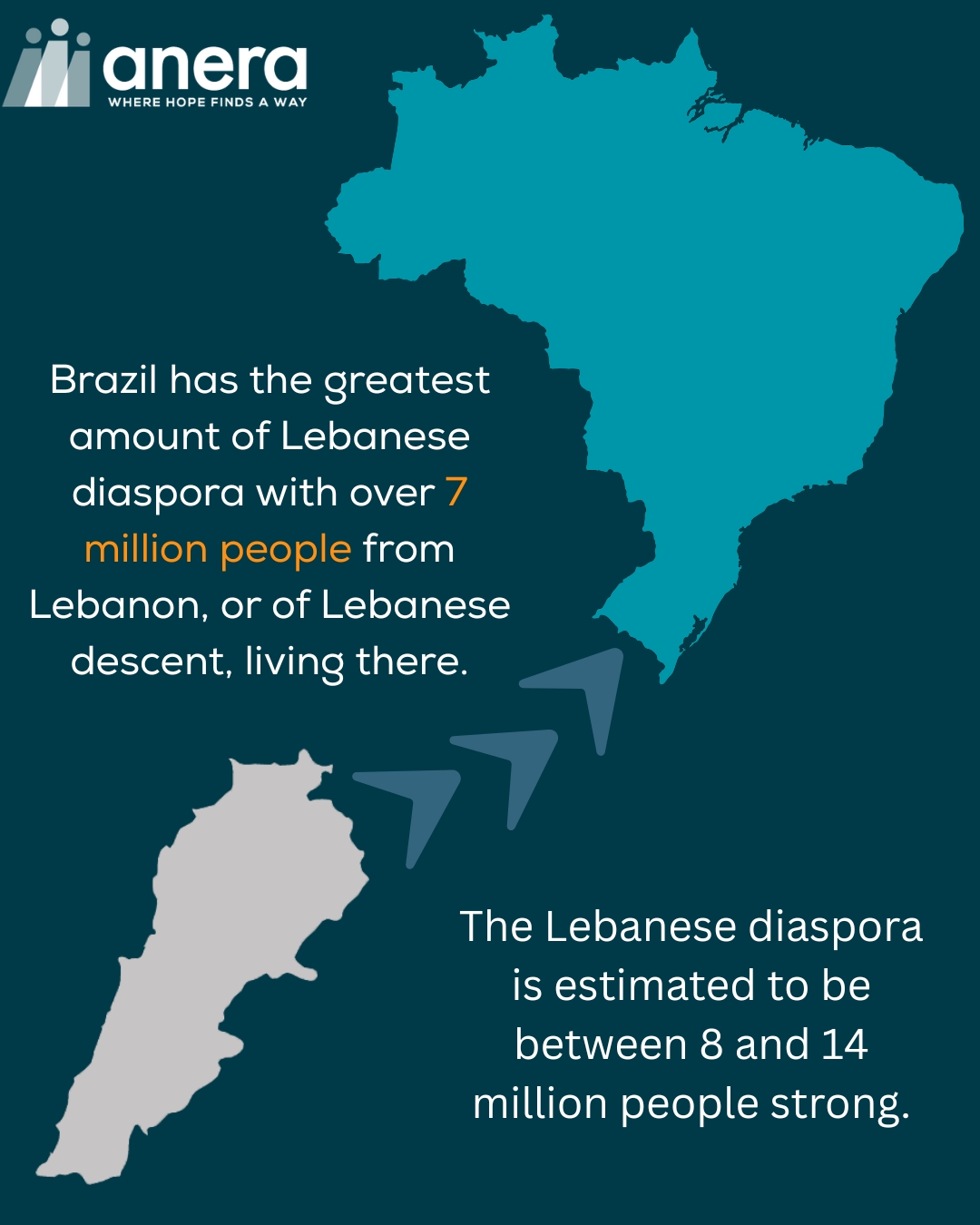INFO
What are the Religons of Lebanon?
The demographics of Lebanon are varied and complex, contributing to the country’s rich cultural diversity.
Who are the people of Lebanon?
Lebanon is populated by a diverse group of mostly Arab-identifying people, forming a rich and varied culture of 5.3 million people. The diaspora is vast, spanning dozens of countries, with particularly large Lebanese communities in Brazil, Argentina and the United States.
In the last few years, the economic collapse in Lebanon has left millions of people to struggle financially. Today, 44% of the population lives in poverty, with many unemployed and food insecure.
Despite Lebanon’s difficult history of economic and political instability, its culture remains resilient and bold. Influenced by Phoenician, Arab, French, and Ottoman societies and informed by Christian, Muslim and Druze traditions, Lebanese culture is a melting pot. While Arabic is the most widely spoken language, French, English and Armenian are common as well.
Is Lebanon a Muslim country?
Lebanon does not have a state religion and is known for its religious freedom and diversity. While exact reports of religious demographics change rapidly, the current estimate claims that 68% of the population is Muslim, 32% is Christian, and 4% is Druze. However, this data does not represent the religions of Lebanon’s significant refugee populations from Syria and Palestine. The country recognizes 18 total religious sects.
What is the confessional system in Lebanon?
The confessional system in Lebanon is a unique political system that delegates power by religion, affording the most positions to the religion with the largest demographic weight. It began in 1943 under the National Pact, an agreement between Lebanese Christian and Muslim leaders.
According to this system, the president of Lebanon must be a Maronite Christian, the speaker of the Parliament must be a Shia Muslim, and the prime minister must be a Sunni Muslim. Parliamentary seats are divided into half Christian and half Muslim.
Advocates for the confessional system claim that it maintains representational equity in a religiously diverse country. However, opponents criticize the system’s outdatedness and tendency towards dogmatism. In 1989, the Lebanese Civil War ended under the Taif Agreement, which lessened the power of the president, as well as re-proportioned Parliamentary representation to be half and half (as opposed to a 6 to 5 Christian:Muslim ratio).
What is the demographic makeup of Lebanon?
Of the estimated 5.3 million people in Lebanon, 2.4 million live in the capital city of Beirut. About 1.5 million Syrian refugees live in Lebanon, and over 11,000 refugees from other countries have fled there as well, many from Palestine. Lebanon has the highest refugee population density in the world.
Ethnically, Lebanon is 95% Arab, 4% Armenian, and 1% other – however, disputes over labels affect ethnic identification, as many Christian people in Lebanon prefer to be known as Phoenicians.
Are Lebanese Phoenicians or Arabs?
The Lebanese identity is complex and layered, with many historical influences shaping the national identity. The Phoenicians were an ancient society who occupied the Mediterranean coast in Lebanon; however, Lebanon gradually adopted the Arabic language and culture due to the early Muslim conquests. While many Lebanese people identify as Arabs, others, particularly Christians, identify as Phoenicians, and some identify as both.
Are Maronites Christian?
Maronites are followers of the Maronite Church, a denomination of Christianity. The church, founded in 410 A.D., is an Eastern Catholic Church that follows the pope as its religious leader. However, unlike other subsects of Catholicism, Maronites incorporate the Aramaic language in their religious practices.
Anera in Lebanon
Anera is dedicated to serving the needs of all people in Lebanon, regardless of religious or ethnic affiliation. Our community programs empower Lebanese youth in particular to give back while earning and income and learning employable skills, setting them up for sustainable success long after the program’s end. The distribution of humanitarian aid like medicine kits, food, and hygiene products provide relief to vulnerable individuals, and our agricultural training classes support families to combat food insecurity in their own backyards.


